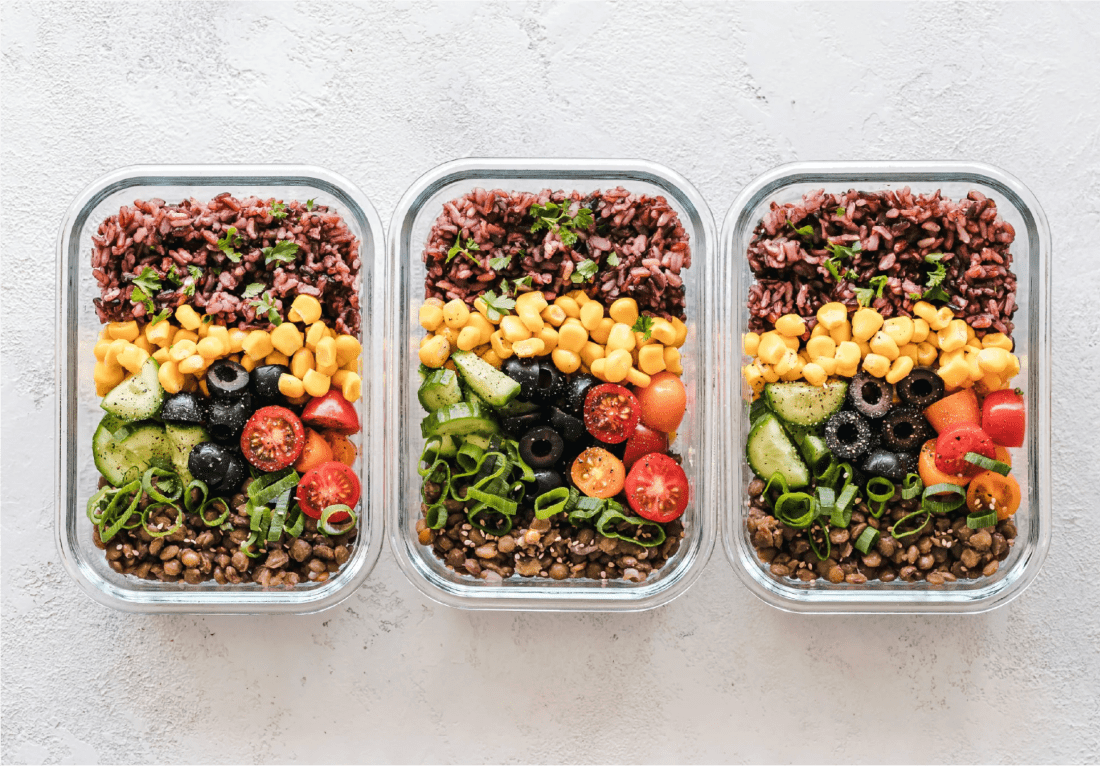Carbohydrate timing

Endurance Training
Carbohydrates are essential for fuel in moderate to high-intensity endurance activities and resistance workouts. Maximizing glycogen stores is crucial for maintaining exercise intensity and preventing tissue breakdown.
- Daily Carbohydrate Intake: 5–12 g/kg (8–10 g/kg for intense training)
Competition Preparation
Carbohydrates are essential for fuel in moderate to high-intensity endurance activities and resistance workouts. Maximizing glycogen stores is crucial for maintaining exercise intensity and preventing tissue breakdown.
- Carbohydrate Loading: Consume 8–10 g/kg of carbohydrates daily while reducing training volume for 1-3 days before the event.
- Pre-Exercise Meal: Eat 1–4 g/kg of high-carbohydrate meals 4 hours before exercise to increase muscle and liver glycogen, improving performance.
During Exercise
Regular carbohydrate intake helps maintain performance and blood glucose levels:
- 1.2–2.4 g/kg per hour (via 230–350 mL of a 6–8% carbohydrate solution every 10–12 minutes)
Recovery
Post-exercise carbohydrate ingestion promotes rapid glycogen replenishment:
- 0.6–1.0 g/kg within the first 30 minutes
- Continue with 0.6–1.0 g/kg every 2 hours for the next 4–6 hours
Protein timing

Endurance and Resistance Training:
Protein intake before and after exercise supports performance and recovery.
- Strategic Feedings: To optimize muscle protein synthesis, consume 0.25–0.4 g/kg of protein every 3 hours throughout the day.
- Pre/Post-Exercise: Consume 0.2–0.4 g/kg of protein immediately before or after resistance exercise to increase muscle protein synthesis and promote muscle growth.
- Before Sleep: Consuming 0.4–0.5 g/kg of casein protein before sleep increases overnight muscle protein synthesis and metabolic rate without affecting fat oxidation.
Meal timing and frequency
Time of Day
The timing of calorie consumption may affect health, weight loss, and body composition. Consuming more calories earlier in the day may support weight management and metabolic health. Evening meals should be balanced to prevent excessive caloric intake.
Meal Frequency
Increasing meal frequency does not significantly impact weight loss or body composition when total daily caloric intake is controlled. However, higher meal frequencies may improve appetite and energy levels.
Protein Feeding
Intermediate protein doses (20 g) consumed every 3 hours create favorable changes in muscle protein synthesis. Pre-sleep protein intake supports muscle recovery and growth.

Conclusion
Timing your carbs and protein can greatly improve your performance and recovery. Load up on carbs before events, keep your energy up during exercise, and refuel properly afterward. Eating protein at key times, including before bed, boosts muscle growth and recovery. Stay fueled and stay strong.




